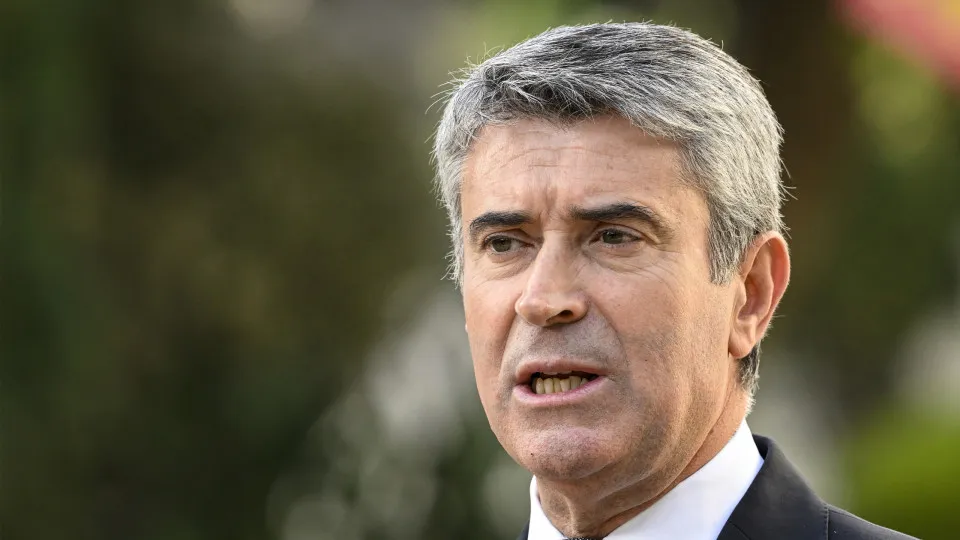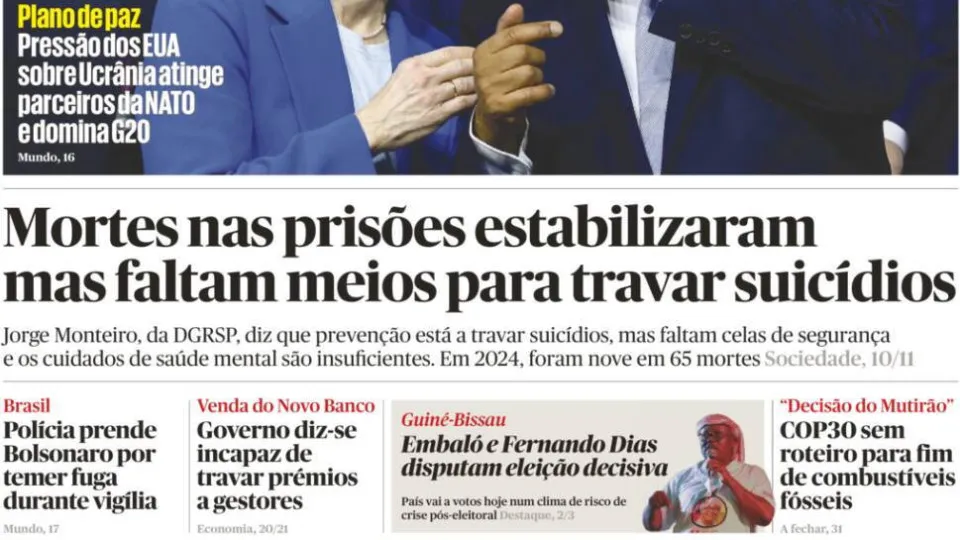
Patrícia Valent and Lídia Santos, former college classmates, applied in September to be linguistic and cultural mediators. After facing challenges during their studies, they share the experiences of a profession they were unfamiliar with: Patrícia at a school in Montijo and Lídia in Camarate (Loures).
Both were hired part-time, for 18 hours weekly, to support about 15 foreign students identified as urgent cases due to their lack of Portuguese proficiency. Many of these students do not speak English or are not fluent in it either.
A January notice from the Ministry of Education, Science, and Innovation (MECI) outlined the roles of these mediators, stating their mission as “promoting the full integration of foreign children and youth in the school environment.”
The eight-page document details the profile and duties of these professionals, highlighting key activities such as facilitating communication between foreign and Portuguese students, teachers, and families, supporting linguistic and social needs of migrant students, and promoting engagement in cultural activities.
However, in practice, the experience has been different. For Lídia Santos, much of her schedule involves language development sessions for Portuguese.
“I think the administration sees me as being there to teach Portuguese. I don’t view my role as such, it’s not just that, but the school introduced me as if it was,” she admits, mentioning there is little time for anything else.
Recently, she learned that a teacher organizes activities to promote interculturality, but she was informed about it only “by chance.”
“I received no guidance; they didn’t even give me the list of students,” she says, feeling she “parachuted in” when she started at the school about a month ago.
When Patrícia Valente began at the school in September, she received a plan from her predecessor detailing last year’s activities, but little else.
“I haven’t received many guidelines from the school or the Ministry,” she laments, noting that the role described by the authorities contains “very simple information.”
Even though she’s only been in the role for two months, Patrícia’s work is praised by the director of Escola Secundária Jorge Peixinho in Montijo, who has noticed the students are more engaged and motivated since the mediator’s arrival.
Acknowledging the short hours, Maria João Serra emphasizes, “it’s better than nothing,” yet the lack of time remains a significant challenge for Patrícia Valente.
“If I worked 35 hours, there would be work for 35 hours,” the mediator says, mentioning that beyond language learning support, she helps with bureaucratic issues, tries to develop intercultural activities, and even assists some parents, but can’t reach all students.
The MECI ratio requires half a mediator (18 hours weekly) for every 10 foreign students.
In September, 310 mediators were authorized for hiring, 23 more than the previous year, yet according to professionals, this accounts only for the most urgent cases, who do not speak Portuguese.
In the D. Pedro I grouping in Vila Nova de Gaia, about 50 students are enrolled in PLNM, but Selma Almeida, also part-time, provides individual support to only four, dedicating one hour per week to each.
One such case is a preschool child from Bangladesh who speaks only Bengali. “It will be a very slow process,” she warns, noting that each small achievement, like repeating a word in Portuguese, is a victory, her voice smiling.
Unlike Lídia and Patrícia, Selma’s first experience as a mediator was last academic year at another school where she continues to work this year while working in two groupings.
“When I started in February, I felt like nobody knew what I was doing,” she recalls, sharing the same disorientation feeling as her colleagues.
Her arrival at D. Pedro I was different, where under the leadership of Filinto Lima, president of the National Association of Public School Grouping Directors (Andaep), she found an already structured and “very well-organized” project.
“They knew what they wanted me to do. They gave me full freedom to think of new projects, new activities, and to act as I saw fit, but I didn’t feel lost at all,” she reports.
Filinto Lima praises the initiative whenever he comments on it, but also issues warnings, particularly about the need for reinforcement.
“Public schools have a lot of students from very different origins. Some schools, in need of mediators, don’t have them because they prioritized schools with more foreign-origin students. Reinforcement is needed,” he argued last week.
The mediators add the lack of specific training and the unappealing salary conditions.
“It’s an extremely interesting profession that I wouldn’t mind having for the rest of my life, and I have a great willingness to invest in it, but the career isn’t attractive; it doesn’t fix people in place,” Patrícia Valente laments.




